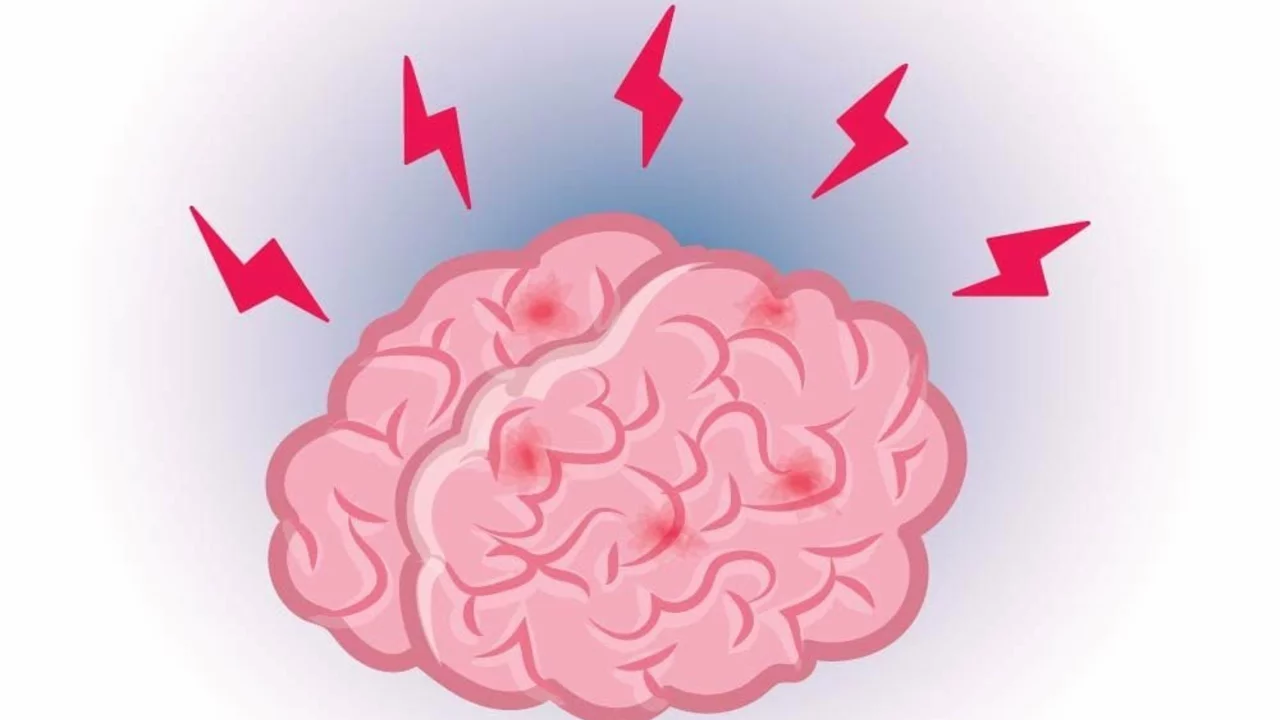Cognitive Benefits of Swimming
When exploring cognitive benefits, the mental gains that come from regular activity. Also known as brain boost, it covers improved focus, memory retention and mood regulation, swimming, a low‑impact, full‑body workout performed in water stands out as a prime vehicle for those gains. The rhythmic breathing and steady cadence of strokes trigger neuroplasticity, the brain's ability to reorganize and form new connections, while the cool, buoyant environment supports brain health, optimal blood flow and reduced stress hormones. In short, regular laps translate into sharper thinking, better memory and a calmer mind.
Why Swimming Fuels Your Mind
First, the aerobic nature of swimming pushes oxygen delivery to the brain, a key driver of cognitive benefits. Studies show that athletes who log consistent swim sessions score higher on memory tests than sedentary peers. Second, the coordinated movement of arms and legs engages motor cortex regions, reinforcing neural pathways linked to learning and problem‑solving. Third, water provides gentle resistance, which forces the heart to work efficiently, lowering cortisol levels that otherwise cloud concentration. Together, these factors create a feedback loop: better blood flow improves brain function, which then makes workouts feel easier, encouraging more consistent training.
Children and teens reap extra rewards because their brains are still wiring. Weekly swim classes have been tied to improved classroom performance, especially in subjects that demand attention and spatial reasoning. For older adults, the low‑impact nature of swimming protects joints while still delivering the neuroprotective effects needed to fend off age‑related decline. Regular swimmers report fewer episodes of brain fog and a noticeable lift in mood, thanks to endorphins and the meditative quality of gliding through water.
Beyond the physiological side, swimming offers mental discipline. Learning new strokes demands focus on technique, breathing patterns and timing—skills that transfer to work or study environments. The routine of warming up, training set, and cool‑down mirrors goal‑setting strategies, reinforcing habit formation. Plus, the social aspect of club sessions adds a community boost, which research links to reduced anxiety and better overall cognition.
All these points illustrate how swimming is more than a fitness hobby; it’s a brain‑building practice. Below you'll find a range of articles that dive deeper into each angle—whether you’re curious about memory tricks, stress relief, or the science of neuroplasticity in the pool. Keep reading to uncover practical tips and real‑world stories that show how you can harness the cognitive power of swimming in your own life.
 Jul, 22 2023
Jul, 22 2023
